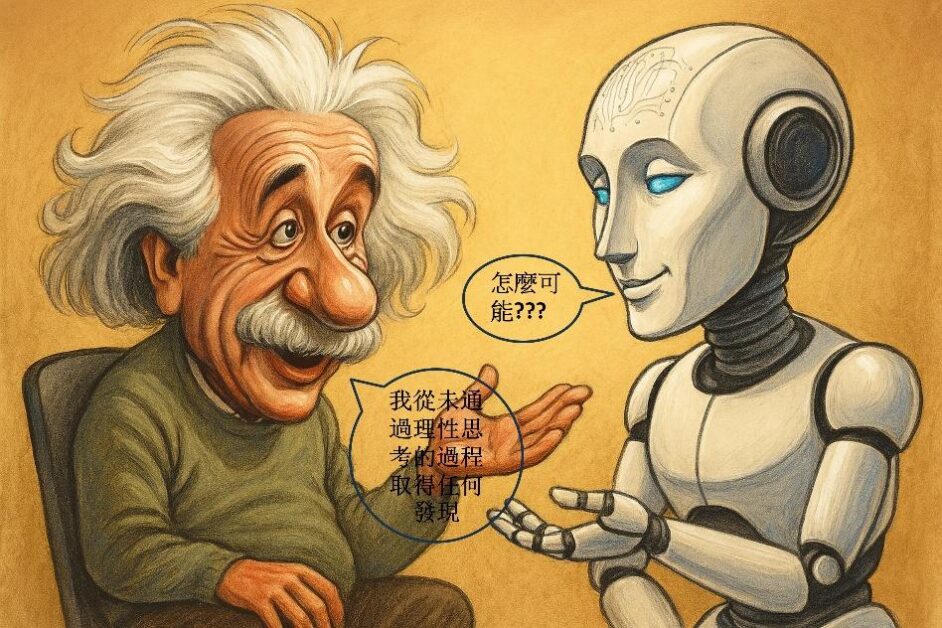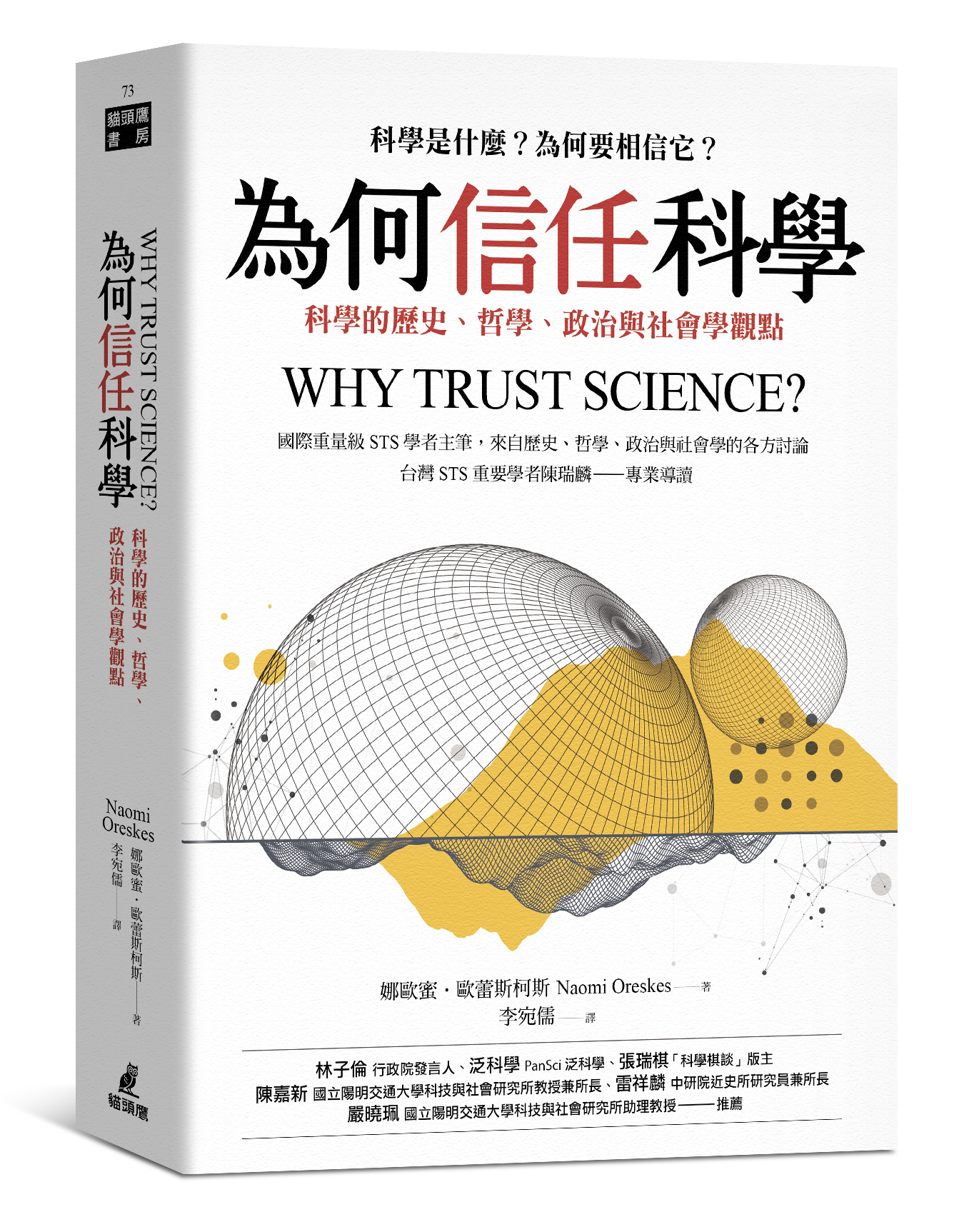我們都知道死宅是沒有前途的,但要怎麼脫掉宅氣,擁抱浪漫呢?本文首次挑戰一千字內拋磚引玉,三分鐘教會大家跨越死宅,在情話裡面加一些科學小菜!
關於想念
1.我想你了,顯著地想你,p < .01。你知道嗎?想念(missing)越多用情越深(commitment, r = .46),以7點量表來測量的話,我大概會填12<1>──這是平均值的兩倍以上了[1]!
2.我很清楚睡太少會傷大腦,我也了解睡前喝一杯無助於睡眠,可是我算我數盡了羊咩咩,也無法抹滅腦海中對你的思念。
關於接觸
3.握著你的手(狀態顯示為握緊+凝視),就算有再多恐懼與驚嚇,我也不怕[2]!
4.我們的愛,沒有倦怠期。光是看著你的眼睛,就能感受到滿滿的快樂與欣喜[3]。
關於我愛你
5.有時候我的支票會在預期之外落空,並不是因為我不在乎你,而是因為我太愛你[4](這句話好欠揍)。
6.儘管我們的關係充滿許多不確定性[5],我還是願意孤注一擲。我會比妳先說我愛妳[6],但絕對不是為了做愛而已。
關於命中註定
7.如果說愛情是可以被計算的,你將是我命中註定的第12個情人。錯過了你,或許我會蹉跎更多光陰、葬送更多美麗。
8.別人都說,你沒有我想像得那麼好。當我在臉書上說:「唉,我女朋友怎麼這麼漂釀?」的時候<2>,大家都卯起來靠著腰說什麼愛情是盲目的啦、曬恩愛沒前途拉──可是(表情顯示為認真貌),我不是不知道你有時愛吃飛醋、有時愛耍任性、有時把我的無心當作有意,這些缺點我都知道。但在我眼裡,你就是最棒的[7],這樣就夠了。
9. 謝謝你,讓我看見自己最好的那部分,陪我一起走過許多,和我一起,變成更好、更棒的人[8]。
10. 我愛你,不因為別的事情,只因為我們能看到彼此身上,別人所看不見的,那些珍貴的東西[9]<3>。
p.s.小熊(自己說)才疏學淺,還望諸方專家大德繼續補完此計畫。
註解
<1>事實上,你來做實驗的話,是沒有12這格可以勾的。如果你自己畫的話,我們可愛的助理會皺眉、一副很傷腦筋的樣子,然後因為你的missing(想念)把這題key上missing(遺漏)。
<2>這裡並未指涉任何與PanSci相關的人事物,請放心。
<3>這裡並未指涉任何澀澀的事情,請放心。
<4>各研究細節仍建議閱讀原文,勿作過度解釋。
<5>歡迎對愛情研究有興趣的你,一起參與這份「已讀」研究,備有精美贈品噢。
延伸閱讀
1. Le, B., et al., Missing you maintains us: Missing a romantic partner, commitment relationship maintenance, and physical infidelity. Journal of Social and Personal Relationships, 2011. 28(5): p. 653-667.
2. Coan, J.A., H.S. Schaefer, and R.J. Davidson, Lending a hand: Social regulation of the neural response to threat. Psychological Science, 2006. 17(12): p. 1032-1039.
3. Epstein, R., Fall in Love and Stay That Way, in Science American Mind2010, Division of Nature America.
4. Peetz, J. and L. Kammrath, Only because I love you: Why people make and why they break promises in romantic relationships. Journal of Personality and Social Psychology, 2011. 100(5): p. 887-904.
5. Solomon, D.H. and L.K. Knobloch, Relationship uncertainty, partner interference, and intimacy within dating relationships. Journal of Social and Personal Relationships, 2001. 18(6): p. 804-820.
6. Ackerman, J.M., V. Griskevicius, and N.P. Li, Let’s Get Serious: Communicating Commitment in Romantic Relationships. Journal of Personality and Social Psychology, 2011. 100(6): p. 1079-1094.
7. Murray, S.L., et al., What the motivated mind sees: Comparing friends’ perspectives to married partners’ views of each other. Journal of Experimental Social Psychology, 2000. 36(6): p. 600-620.
8. Rusbult, C.E., et al., “The Part of Me That You Bring Out”: Ideal Similarity and the Michelangelo Phenomenon. Journal of Personality and Social Psychology, 2009. 96(1): p. 61-82.
9. Murray, S.L., J.G. Holmes, and D.W. Griffin, The self-fulfilling nature of positive illusions in romantic relationships: Love is not blind, but prescient. Journal of Personality and Social Psychology, 1996. 71(6): p. 1155-1180.









































